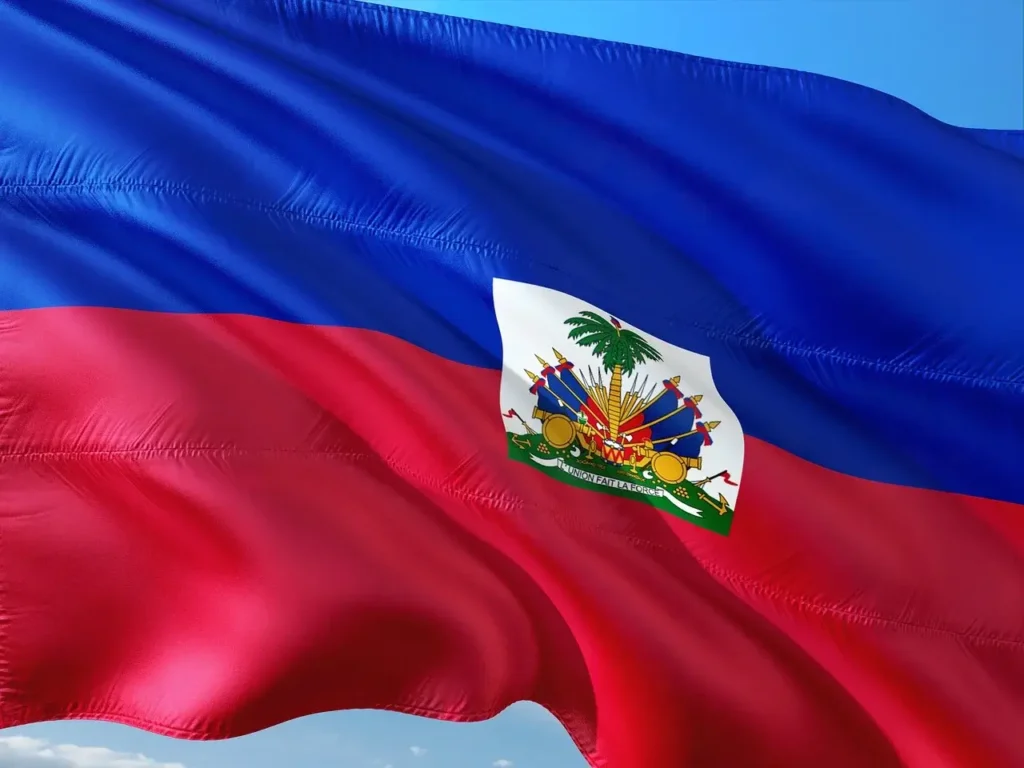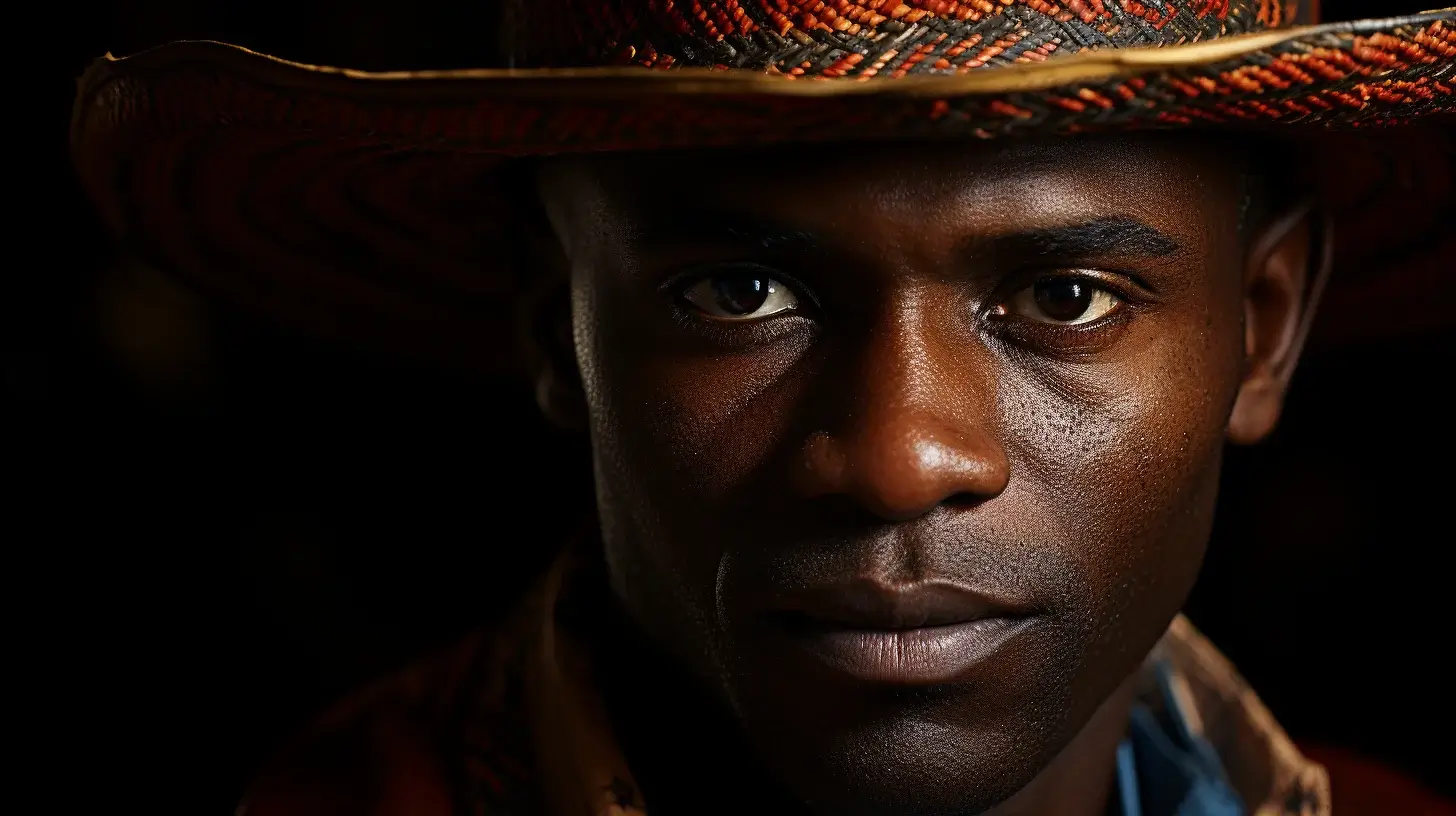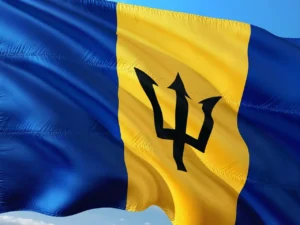Haiti’s Independence Day, observed on January 1st, holds immense importance for us Haitians. It marks the pivotal moment in 1804 when Haiti became the world’s first black republic to declare its independence. This occasion celebrates the triumph of the Haitian Revolution, an intense 13-year battle through which enslaved Africans secured their freedom from French colonial rule. The bravery and perseverance of our ancestors in abolishing slavery have significantly shaped our nation’s history and set a precedent for human rights and the concept of national sovereignty across the globe.
The revolutionary leader Jean-Jacques Dessalines proclaimed Haiti’s independence, and his actions resonate with us as a symbol of hope and courage. Our festivities on this day reflect the pride we take in our heritage and the sacrifices made by our forebears. We commemorate January 1 not only as the beginning of a new year but as a testament to our unyielding spirit and cultural identity.
We honor Haitian Independence Day by engaging in traditions passed down through generations. From gathering to remember our history to enjoying traditional dishes like soup joumou—a symbol of liberation formerly reserved for the French oppressors—we reinforce our communal bonds and celebrate the freedom that defines us. This day reminds us of our country’s unique position in the world and the enduring strength of our people.
Historical Context

In recounting the journey to Haitian Independence Day, we explore the colonial crucible that forged a unique nation. Through conflict and change, Haiti transitioned from a profitable slave colony to an enduring symbol of freedom and the first black republic.
Pre-Revolution Saint-Domingue
Saint-Domingue, now known as Haiti, was a jewel in the crown of the French colonial empire, famed for its lucrative sugar and coffee plantations. Dominated by a slavery-driven economy, its society was marked by a severe racial hierarchy, with the enslaved African majority laboring under brutal conditions. Among these enslaved individuals, the seeds of resistance took root, influenced by the ideals of the Arawak and Taino People, the island’s original inhabitants.
The Haitian Revolution
Sparked in 1791, the Haitian Revolution was a decade-long upheaval that started as a slave rebellion. Enslaved Haitians fought not only against the French colonists but also against foreign invaders. We should note the significant impact of leaders like Jean-Jacques Dessalines, who emerged as a staunch advocate for Haiti’s independence. The uprising transformed the colony and foreshadowed a new era.
Path to Independence
The path was precarious, but after years of conflict on January 1, 1804, Haiti declared its independence from France. This seismic event marked the formation of the first independent nation in Latin America, the first post-colonial independent black-led nation in the world, and the only nation whose independence was gained through a successful slave revolt.
Post-Independence Evolution
Our nation’s journey did not conclude with the Declaration of Independence; it merely began anew. Haiti faced the challenge of building a government and society that embraced its citizens, many of whom were of African descent. Crafting a constitution, fostering national unity, and striving for economic solvency have been ongoing facets of post-independence Haiti.
International Dynamics
Haiti’s birth as an independent nation altered international dynamics, particularly influencing slave-holding entities like the United States and the remnants of colonial empires in the Western Hemisphere. The nation’s revolutionary success and its damage to Napoleonic France served as a beacon of hope for freedom movements. They proved a cautionary tale of the potential for enslaved peoples’ emancipation.
Cultural Significance

As we explore the cultural significance of Haitian Independence Day, it’s vital to understand that this event serves as a celebration and a profound reflection of Haiti’s journey as the world’s first independent Black Republic.
Independence Day Celebrations
On January 1, Haiti transforms into a mosaic of festive activities merging historical significance with vibrant celebrations. We indulge in lively dance performances and music that echo our spirit of freedom and liberty.
In every town and city, the air fills with the aroma of traditional dishes like soup joumou, a symbol of our triumph over slavery. The day is infused with a dual purpose—ushering in the New Year and honoring our Independence Day, underlining our resilience and unity in the face of past adversities.
Symbolism and National Identity
The very essence of Haitian Independence Day is imprinted in our national identity. It signifies the dissolution of chains that once bound us and the establishment of Haiti as an Independent State. On this day, Voodoo rituals and prayers often intertwine, embodying our cultural diversity and African roots.
As the first Black Republic, our celebration is a powerful statement of what we as a people of African Descent have accomplished—it’s a beacon for liberty worldwide, proclaiming our permanent departure from colonial slavery and the birth of our Republic.
Anniversaries and Remembrance

As we commemorate Haitian Independence Day, we reflect on historical milestones and celebrate our enduring spirit for freedom.
Haiti Independence Day Observance
January 1 marks a significant date for us, the Haitian people, representing our liberation from French colonial rule. Each January 1, we observe Haiti Independence Day with a strong sense of national pride. It’s not merely a date, but a symbol of the fight and success in becoming the world’s first black republic to gain independence.
- Freedom: Central to our observance
- Celebration: Involves vibrant cultural expressions such as
- Music
- Parades
- Traditional food
Historical Dates and Figures
The road to our independence had been challenging, filled with pivotal dates and key figures whose names are etched in our history.
French Revolution: A catalyst for change in our nation.
| Date | Figure | Role |
|---|---|---|
| August 14, 1791 | Toussaint Louverture | Began the slave rebellion |
| January 1, 1804 | Jean-Jacques Dessalines | Declared Haiti’s independence as Governor-General |
Historically, our island, first known as Hispaniola, encountered Christopher Columbus in 1492, but the fight for our sovereignty gained momentum in the late 18th century, drawing inspiration from the French Revolution.
“Toussaint Louverture,” a name synonymous with our struggle, assumed the title of Governor-General and led the revolution that set our path toward freedom. Jean-Jacques Dessalines, thereafter, would boldly declare the independence we honor today.
We remember these dates and figures with solemn respect and deep appreciation for laying the foundations of our nation.
Conclusion

We recognize Haitian Independence Day as a pivotal event symbolizing freedom and the enduring spirit of the Haitian people. Our collective memory honors January 1st, not just as the beginning of a new year but as a day when Haiti broke the chains of French colonial rule.
Our reflections on this day are steeped in respect for the progress and peace that have been aspired to since 1804. We understand the significance of Haiti’s achievement: it was the first country in the Western Hemisphere to abolish slavery, setting a precedent for nations worldwide.
It is important for us to continue acknowledging this day. It serves as a reminder of past struggles and victories and reaffirms our commitment to uphold the values of liberty and self-determination that are core to the Haitian identity.
As we move forward, let us remain dedicated to learning about and from Haiti’s journey—promoting peace and progress within and beyond its borders.
FAQ – Haitian Independence Day
What is Haitian Independence Day?
Haitian Independence Day is celebrated on January 1st each year. It marks the anniversary of Haiti’s independence from France in 1804, making it the first country in Latin America and the Caribbean to gain independence, and the world’s first black-led republic.
How is Haitian Independence Day Celebrated?
The day is commemorated with parades, cultural performances, religious services, and speeches by political leaders. Families and communities come together to celebrate with food, music, and dance.
What Are Some Traditional Activities on Haitian Independence Day?
Traditional activities include attending mass or church services, participating in parades, and listening to rara music, a style of Haitian music played on traditional instruments.
If you enjoyed reading about Haitian Independence Day, check out our other articles:
- Grenada Independence Day 2024: Celebrating National Identity and History
- Estonia Independence Day 2024: Significance and Celebrations
Feel free to also check out our other Articles from the category “Independence Day“ and don’t forget to follow us on Pinterest.






